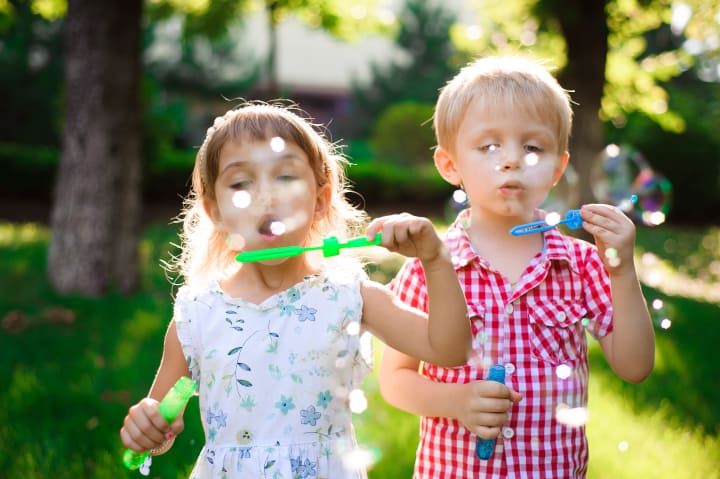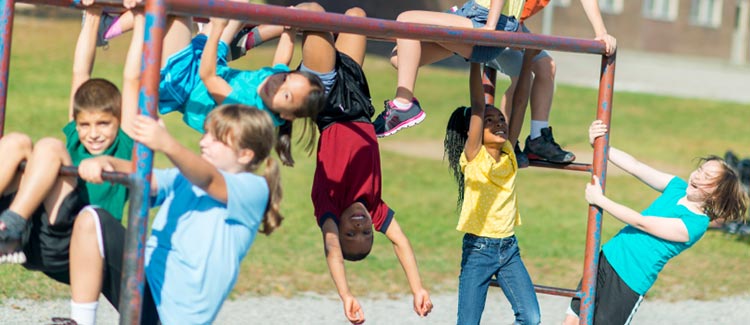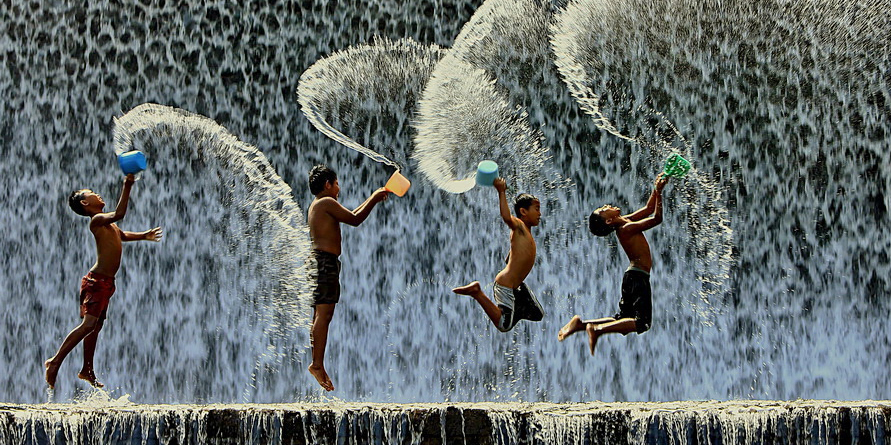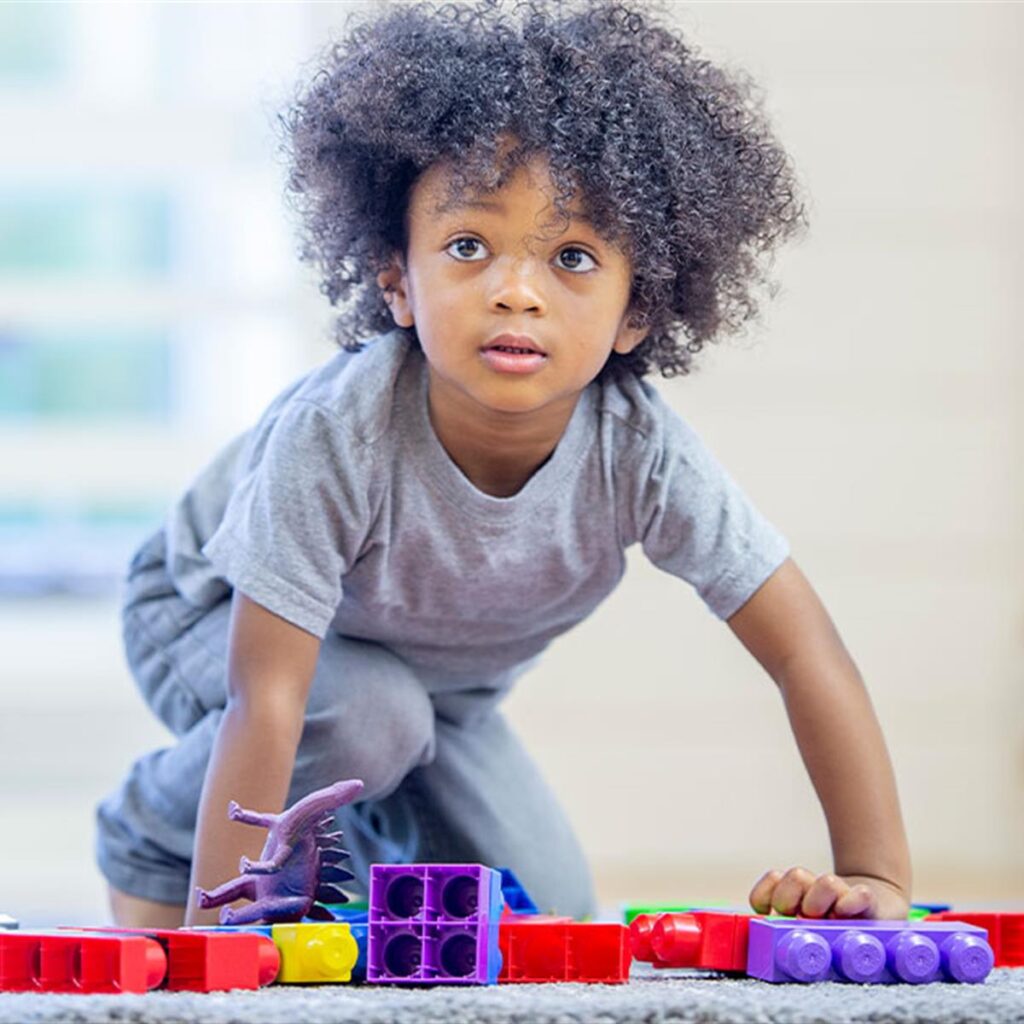The Importance of Play
Article 1: this-is-play-chap-1-excerpt.pdf (naeyc.org)
Play is not merely entertainment but a fundamental aspect of a child’s development, shaping their cognitive, social and emotional skills crucial for their holistic growth.
- Key Concept:
- Cognitive Growth
- Developmental Milestones
- Types of Play
- Imagination & Creativity
This article emphasizes that play isn’t just a frivolous activity but a crucial tool through which children explore, learn, and comprehend the world around them.

The Power of Play
Article 2: Layout 1 (mcm.org) pg. 24-25
From exploring new things to overcoming fears and obstacles to making new friends, play matters in children’s lives.
Key Concept:
- Physical Play
- Academics Benefits
- Cognitive
- Physical Benefits
We know that this sort of play may improve physical development, encourage healthy lives, and even help children do better academically & better grades at school.

The Benefits of Play for a Child’s Development
Article 3: Bright Horizons | The Benefits of Play for a Child’s Development | Bright Horizons®
It fosters sentiments of creativity, empathy, and teamwork. It encourages the development of toughness and tenacity. Children’s growth might be seriously hampered when they aren’t given the chance to play.
Key Concept:
- Parenting tips
- What children learn through play
- Benefits
By informing parents about the importance of play, they become advocates for their child’s development, creating an environment that nurtures growth, learning, and happiness.

The Power of Playful Learning in the Early Childhood Setting
Article 4: The Power of Playful Learning in the Early Childhood Setting | NAEYC
the ways in which education and play complement one another and the manner in which educators link learning objectives to the play of their students.
Key Concept:
- Why play is crucial
- A play spectrum
- Free play
- Guided Play
Play in all its forms—whether it be lonely, theatrical, parallel, social, cooperative, spectator, object, fantasy, physical, creative.

How Play helps Children’s Development
Article 5: How play helps children’s development | nidirect
Play helps reduce stress, fostering imagination, enhancing emotional resilience, improving communication skills and promoting physical health and well-being.
Key Concept:
- Developing physical health through play
- Play and challenge
- Play and digital technology
Through play, children learn about the world, develop their personalities, and build a foundation for future learning.

